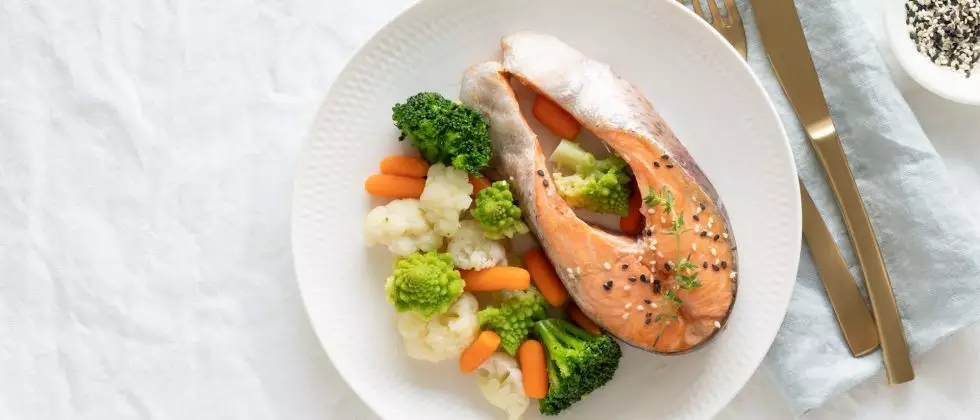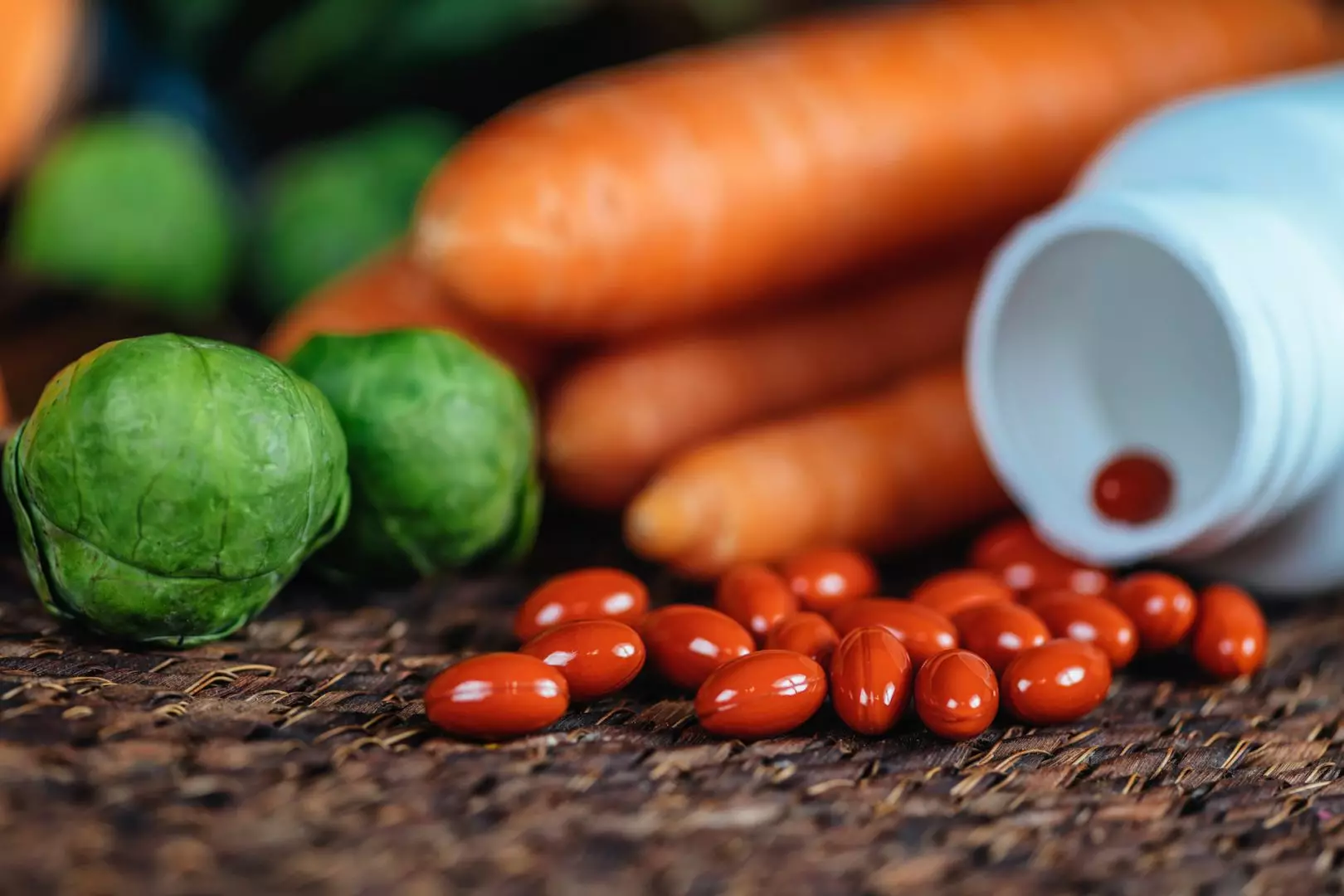Diet for PCOS: What should you eat and what should you avoid?
7.2.2022 · 2 min reading
Polycystic ovary syndrome is a condition that throws off women's hormone balance and causes a number of metabolic problems. However, doctors say that a proper diet can alleviate the symptoms of this disease, so let's take a look at what you should eat. It's not really a diet per se, it's more of a change in lifestyle and eating habits.
Were you diagnosed with PCOS?
Polycystic ovary syndrome (PCOS) is a hormone disorder caused by an imbalance in female and male hormones, in which a woman’s body produces more of the male hormone testosterone than usual. This imbalance causes the ovaries to ovulate less often. A typical feature of this illness is a number of small cysts in the ovarian cortex.
Too much testosterone and insulin
PCOS is also known to cause the same metabolic disorders as metabolic syndrome – patients have lower insulin sensitivity, impaired glucose tolerance, type 2 diabetes or higher cholesterol levels. This is why doctors also focus on the patient’s lifestyle, particularly diet, when treating this syndrome.
PCOS can be alleviated through proper diet
Doctors recommend focusing on three basic parameters: the glycemic index, an anti-inflammatory diet, and the DASH diet. Let’s take a look at how this affects the body:
- A low glycemic index diet: When we eat food with a low glycemic index, blood sugar levels are only raised slightly. This way the body doesn’t need to release too much insulin and blood sugar levels drop slowly – this means you will feel hungry in a longer time. Foods with a low glycemic index include whole grain foods, nuts, seeds, fruit, starchy vegetables and other unprocessed foods with a low carbohydrate content.
- Anti-inflammatory diet: PCOS-related symptoms can also be alleviated with anti-inflammatory foods, especially various berries (e.g. goji), fatty fish, leafy vegetables and extra virgin olive oil.
- The DASH diet: This diet that is very popular among doctors was originally created to reduce the risk or impact of heart disease, but it has been shown to help manage PCOS symptoms. The DASH diet is rich in fish, poultry, fruit, vegetables, whole grain products and low fat dairy products, while eliminating foods with a high saturated fat and sugar content.
A list for your refrigerator
Knowing what to eat is never easy, and this is especially true if you’re suffering from PCOS. To help you with what you should add to your shopping cart and what to avoid, we’ve prepared a list of specific foods that will help you organize your diet. If you have PCOS, don’t forget:
- Leafy greens: Vegetables such as kale and spinach are rich in B vitamins and calcium. They also play an important role in the regulation of blood sugar, hormones, the thyroid and fat metabolism.
- Healthy fats: Fatty acids can help balance hormone levels and improve fertility. Appropriate foods include avocado, nut butters, chia seeds, extra virgin olive oil and fatty fish (such as salmon).
- Immune system boosters: You should ideally consume enough garlic and ginger.
- Foods that promote liver health: Lemon, beetroot, lime, cabbage and carrots.
- Foods labeled BIO/Organic: eating ‘organic’ food isn’t just good for PCOS, it benefits the whole body.
Food you should say ‘NO’ to
Simply put, women with PCOS should avoid products that are generally known to be unhealthy. These include sweets, refined carbohydrates (white bread, crackers, puffed rice cakes, etc.), fried foods, sweet drinks, processed meat (sausages), solid fats (margarine and lard). You should also say NO to food containing soy and seed oils.









